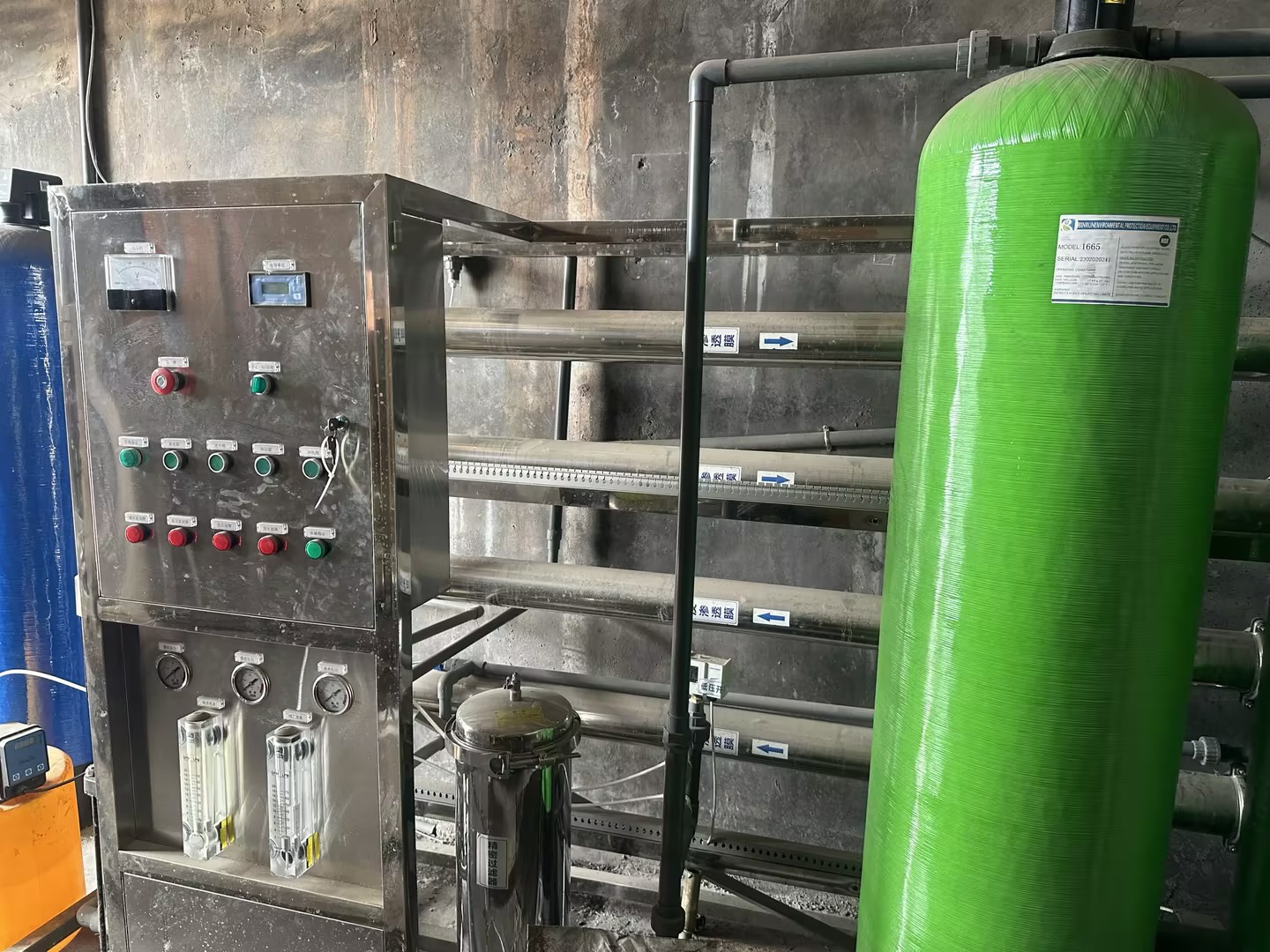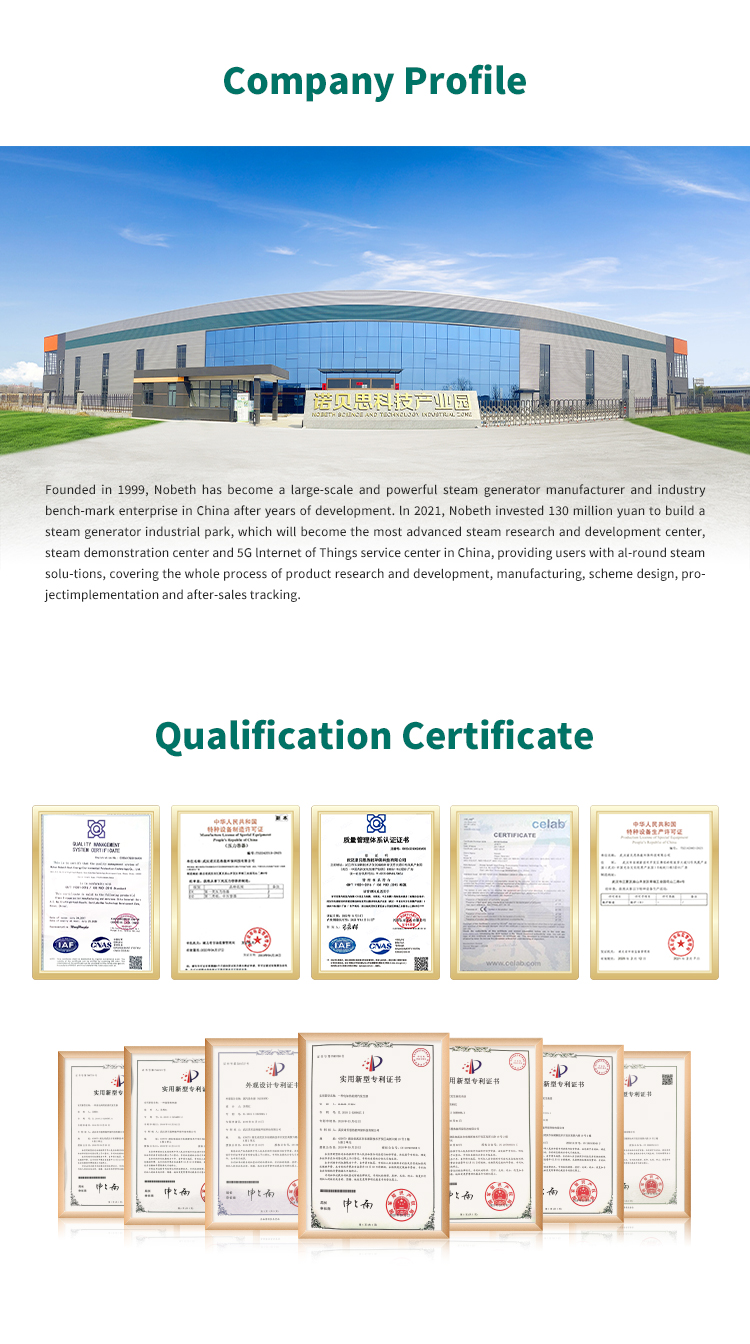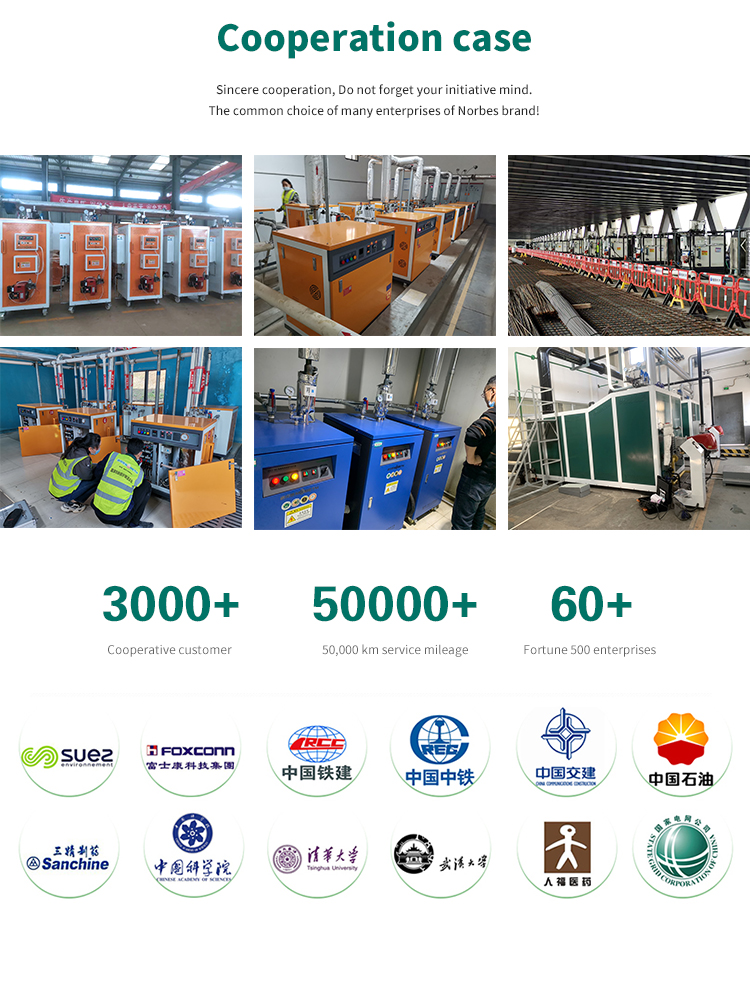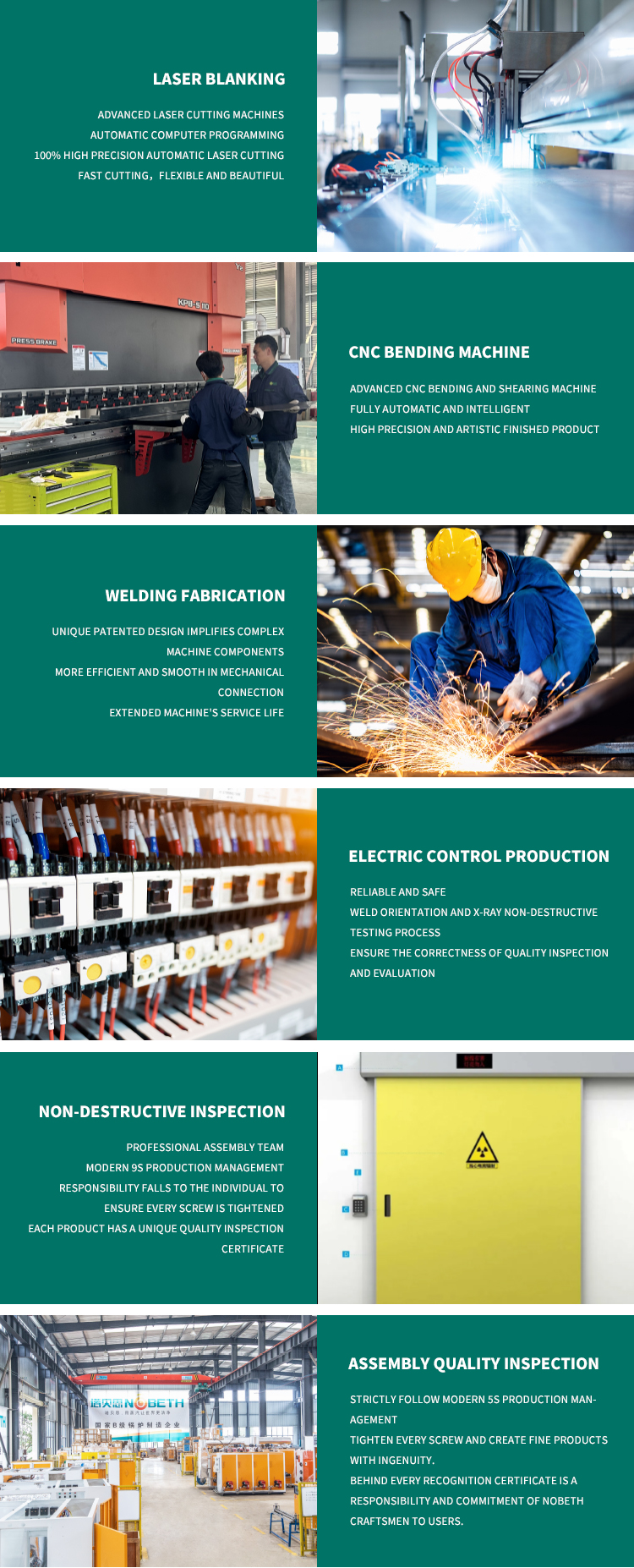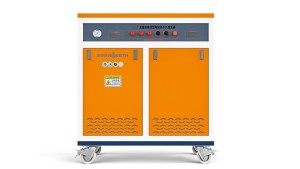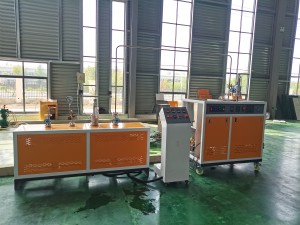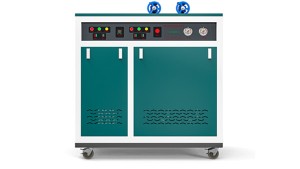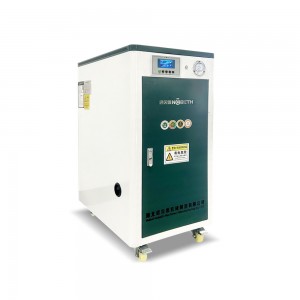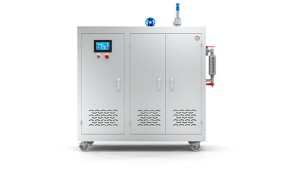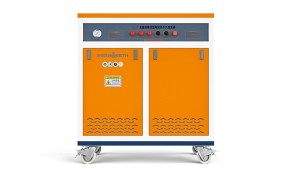
1T pure water filter for Steam Generator
There are often a lot of impurities in natural water, among which the main ones that affect the boiler are: suspended matter, colloidal matter and dissolved matter
1. Suspended substances and common substances are composed of sediment, animal and plant corpses, and some low-molecular aggregates, which are the main factors that make the water turbid. When these impurities enter the ion exchanger, they will pollute the exchange resin and affect the quality of the water. If they enter the boiler directly, the quality of the steam will easily deteriorate, accumulate into mud, block the pipes, and cause the metal to overheat.Suspended solids and colloidal substances can be removed by pretreatment
2. Dissolved substances mainly refer to salts and some gases dissolved in water. Natural water, tap water that looks very pure also contains various dissolved salts, including calcium, magnesium, and salt. Hard substances are the main cause of boiler fouling.Because scale is very harmful to boilers, removing hardness and preventing scale is the primary task of boiler water treatment, which can be achieved through chemical treatment outside the boiler or chemical treatment inside the boiler
3. Oxygen and carbon dioxide mainly affect the fuel gas boiler equipment in the dissolved gas, which cause oxygen corrosion and acid corrosion to the boiler. Oxygen and hydrogen ions are still more effective depolarizers, which accelerate the electrochemical corrosion. It is one of the important factors causing boiler corrosion. Dissolved oxygen can be removed by deaerator or adding reducing drugs. In the case of carbon dioxide, maintaining a certain pH and alkalinity of the pot water can eliminate its effect.
Products categories
-

E-mail
-

Phone
-

WhatsApp
-

Top




